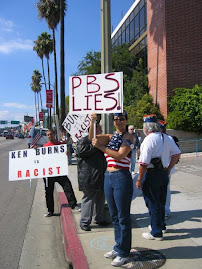
I registered below theoretical jargon that impedes my comprehension of historical narratives. And to their right, I placed words that express ideas more clearly, particularly for non-academics in the community—people that most historians wish to influence.
Discursive≈ symbolic, emblematic, illustrative, interpretative, subjective, representative
Imaginary≈ dream, fantasy, invention, fiction, idea, narrative, critique, histories, ideas, perspectives, narratives, critiques.
Neo-liberal≈ merciless, cruel, brutal. A term often used so repeatedly by mediocre scholars in an essay that it loses all significance. Takeaway: when employed do so sparingly.
Subjectivity≈ agency, personhood, belonging, individual, particular reality.
For the record, in the past I queried academic acquaintances and friends who employ such mumbo jumbo only to discover that many themselves can’t define their own use of such terms.
C/S
fpb



